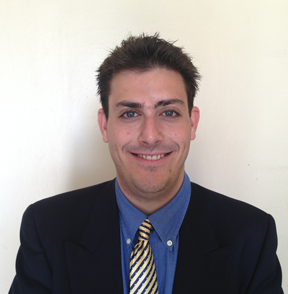David Swatt - Environmental Management and Policy
Since graduation in 2012, David returned to Los Angeles, and began a full-time career selling residential real estate with the highest grossing office in the United States, Coldwell Banker-Beverly Hills North.
Area of Concentration Courses
ESPM 155: Sociology of Natural Resources
American Studies 101: The Birth of Consumerism
American Studies 101AC: Age of the City
American Studies 102: Theming America
ESPM 169: International Environmental Politics
Thesis
From Cornfields to Cadillacs: The Evolution of Beverly Hills
David Swatt’s senior thesis presents a cultural history of one of the world’s most famed cities. Among central questions examined concerns how land values between Santa Monica Boulevard and Benedict Canyon gained seemingly instantaneous value. David suggests that a spike in land values can be attributed to the development of the Beverly Hills Hotel and Pickfair. Also addressed is whether the City’s premier amenities followed the wealth or existed prior to the infiltration of society’s elite. David argues that such amenities followed the wealth, and that their purposes was to reinforce the dominant narrative and valuable myth of Beverly Hills as a sanctuary to reside, vacation, and shop. In comparing past and present-day Beverly Hills David counters the historian Walter Wagner’s suggestion that Beverly Hills is a shadow of its former self, contending that its glamorous celebrity residences and exorbitant home prices demonstrate its improvement. The epilogue uses Lake Forest, Illinois and Great Neck, New York as a comparative lens by which to argue that the trend of premium developments existed throughout America and also to suggest how these communities contributed to a unique narrative of residential elitism.
